The European Starling
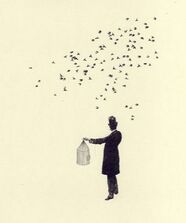
All the European Starlings in North America are descended from 60 birds set loose in New York’s Central Park in 1890. After two failed attempts, Eugene Schieffelin released them in the park a third time and they multiplied into millions. Now you can find them everywhere in the United States. Perhaps this is the first well documented example of a well intentioned act to shape the environment that we have. But Mr. Schieffelin’s actions have far more dire consequences than he probably imagined!

In a defense of Mr. Schiefflin, some recent thinking has concluded that the introduction of the starling was perhaps not as devastating as had previously been suggested, as the starling eats a lot of insects. But now that we very recently have observed the drastic decline of insects across the globe (see our post of February 2019), perhaps this hasn’t been so benign!
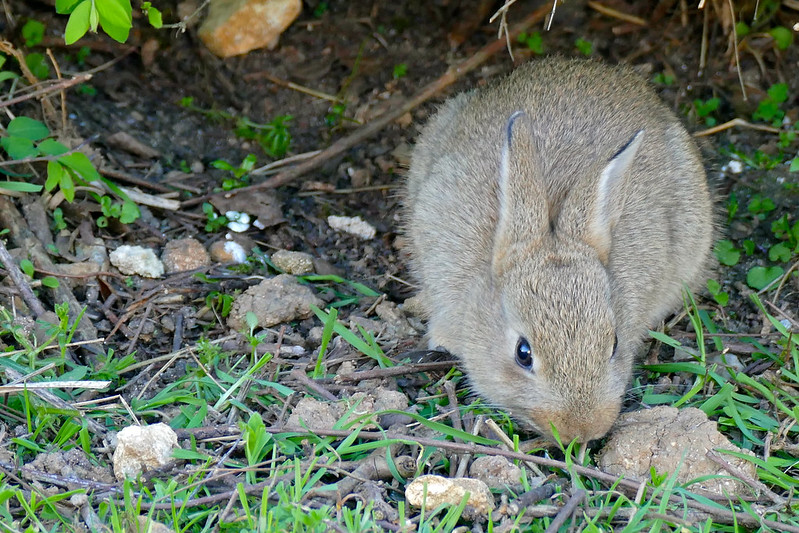
In the United States, common starlings are exempt from the Migratory Bird Treaty Act, which prohibits the taking or killing of migratory birds. No permit is required to remove nests and eggs or killing the starling. In 2005 there were 200 million starlings in the United States and they had a negative impact on the U.S. economy and ecosystem. In 2008 the U.S. government poisoned, shot or trapped 1.7 million birds. But they are back in full force.
Starlings are good fliers and get up to speeds to 48 mph.
The European Starling may try to lay eggs in the nest of another female.
Starlings are vocal mimics. They copy the songs of other birds like the meadowlark, the American Robin, the Northern flicker and the Woo-Pewee.
And another interesting fact: starlings have a sense of taste. They can taste salt, sugar and bitter (which they might find in acorns and grapes).

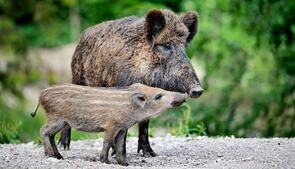

Of course the echoes of all these self-inflicted invasions are lost on us in history. We don’t notice species disappearing unless they are part of our food chain. Now we have to notice.
So be mindful of how you manage your patch of the world. Favor the local fauna and flora whenever you can.
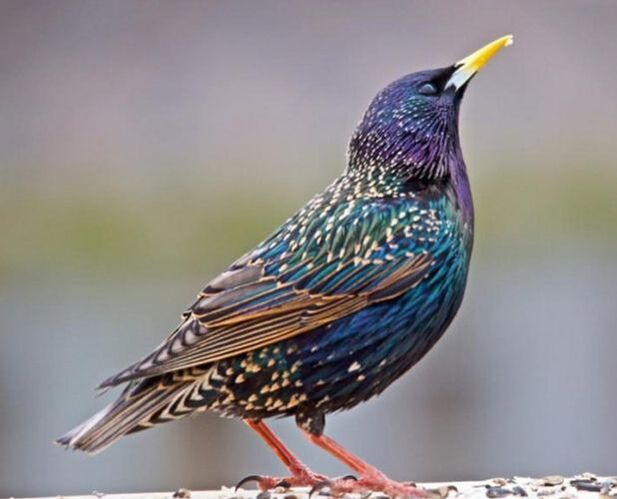
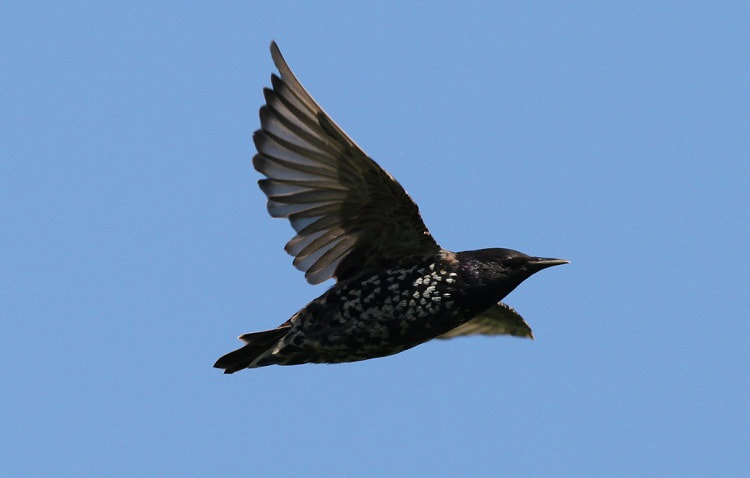
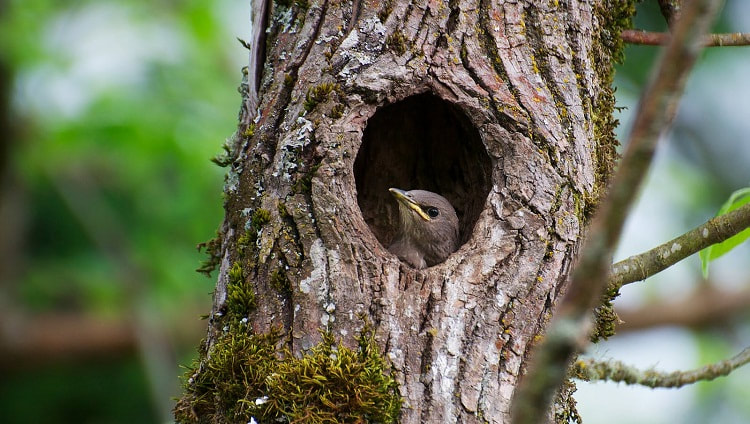
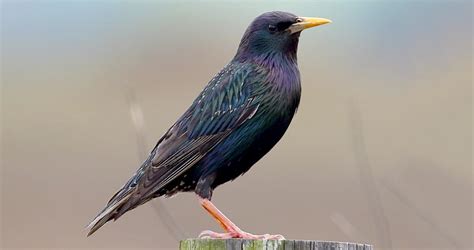
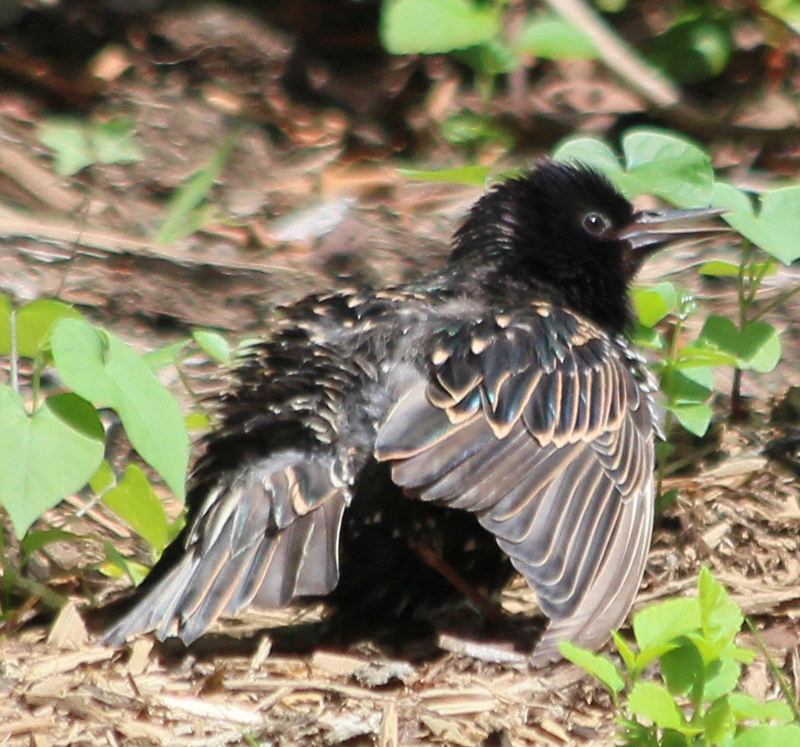
 RSS Feed
RSS Feed